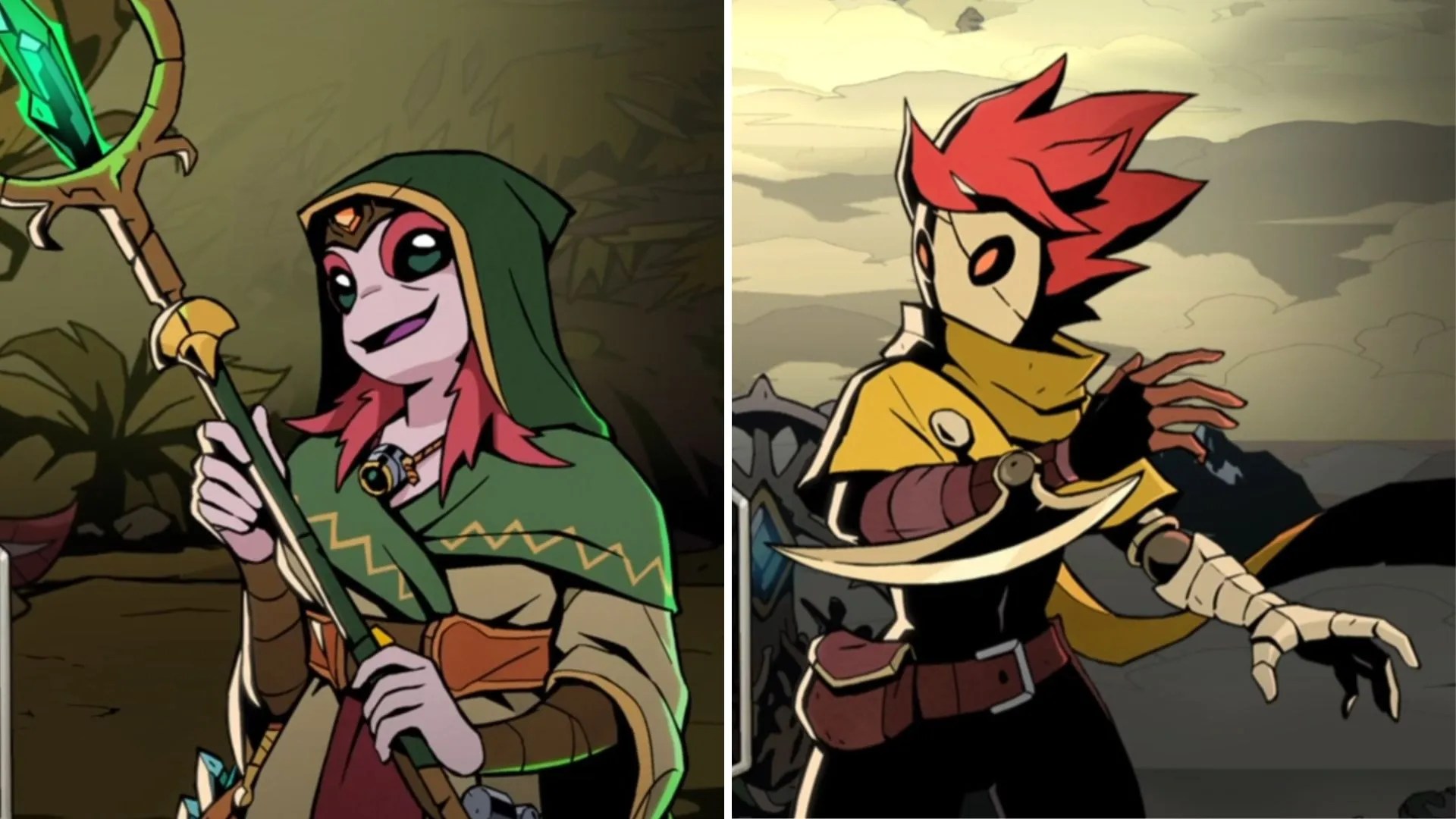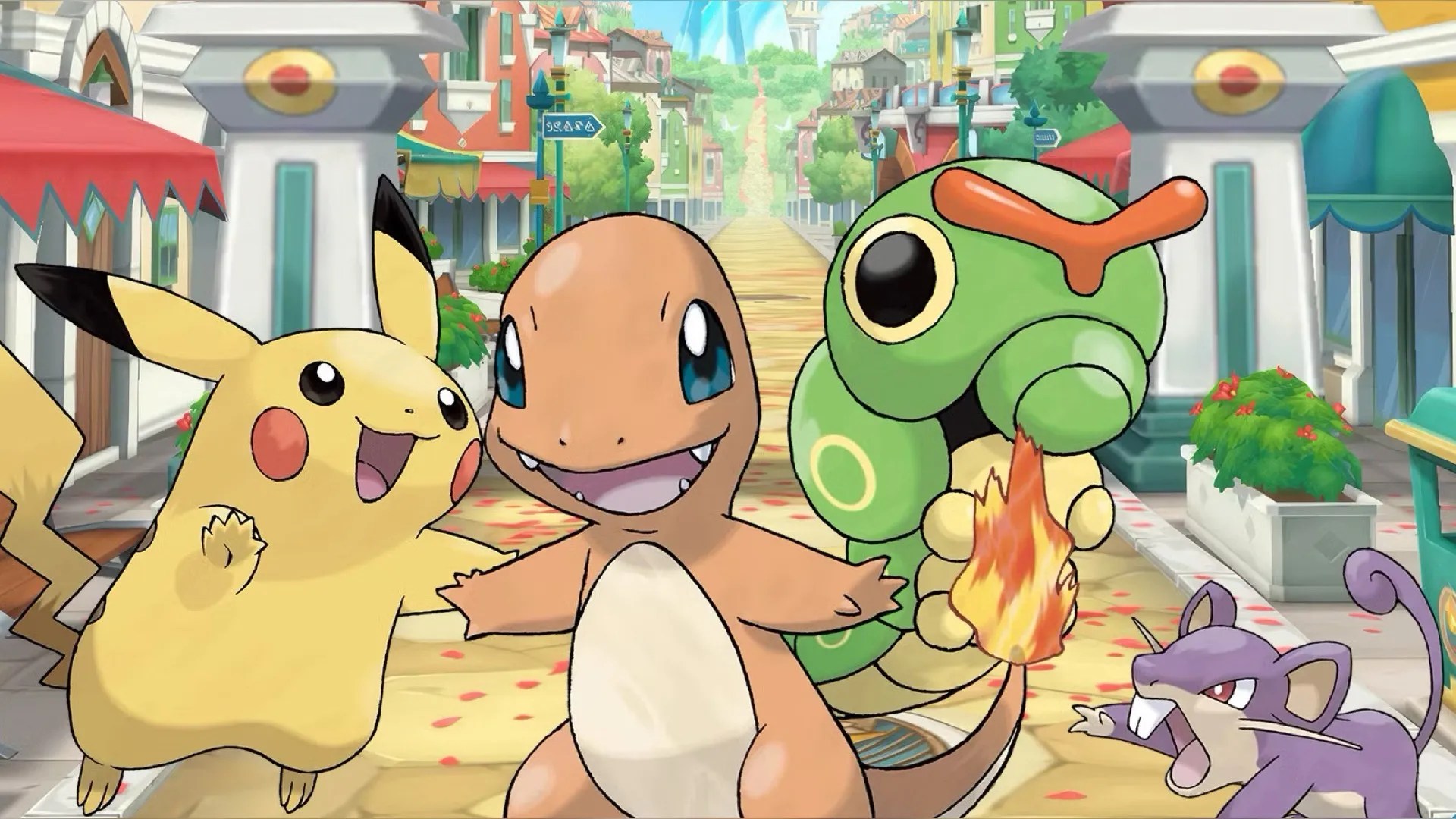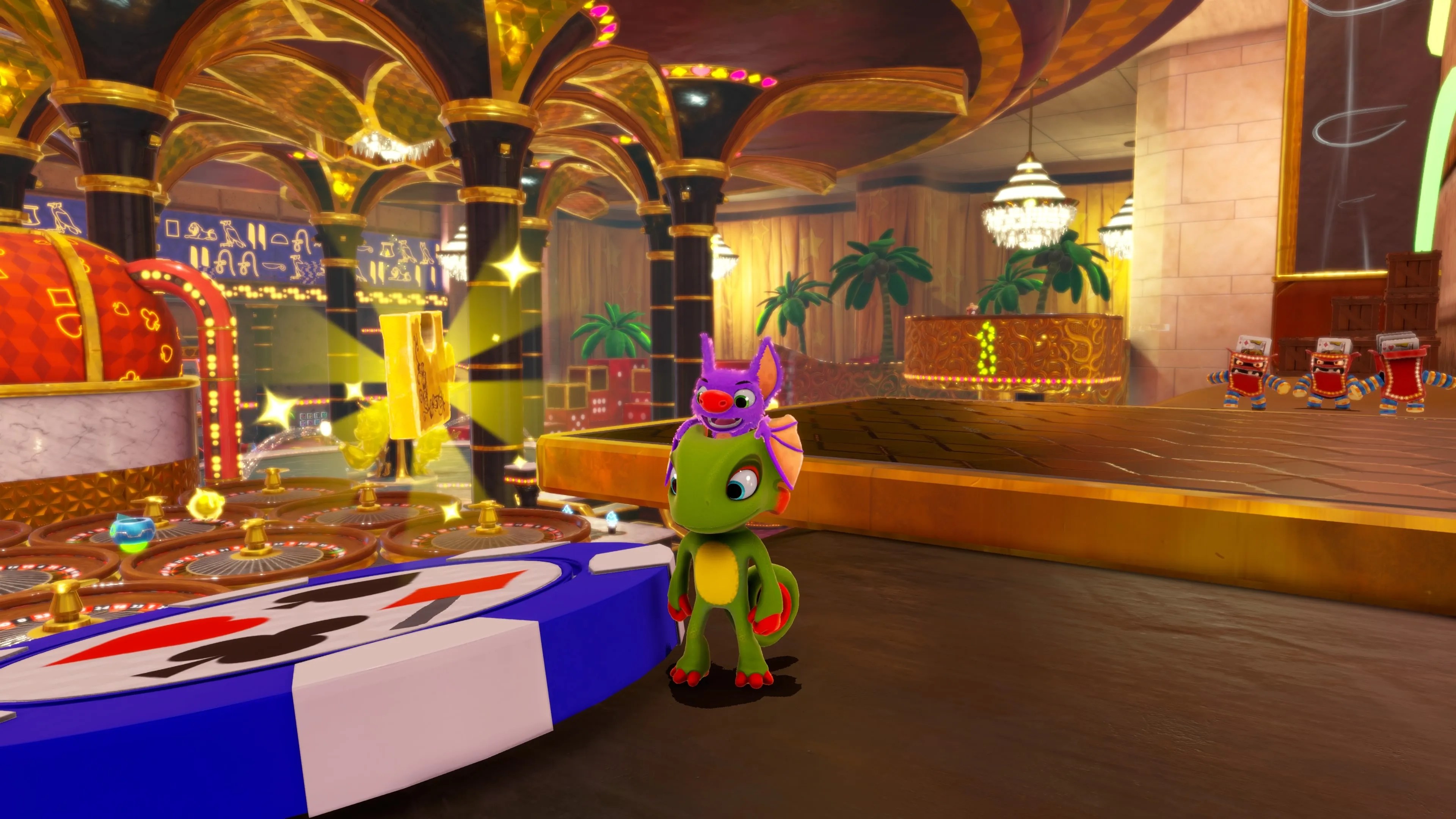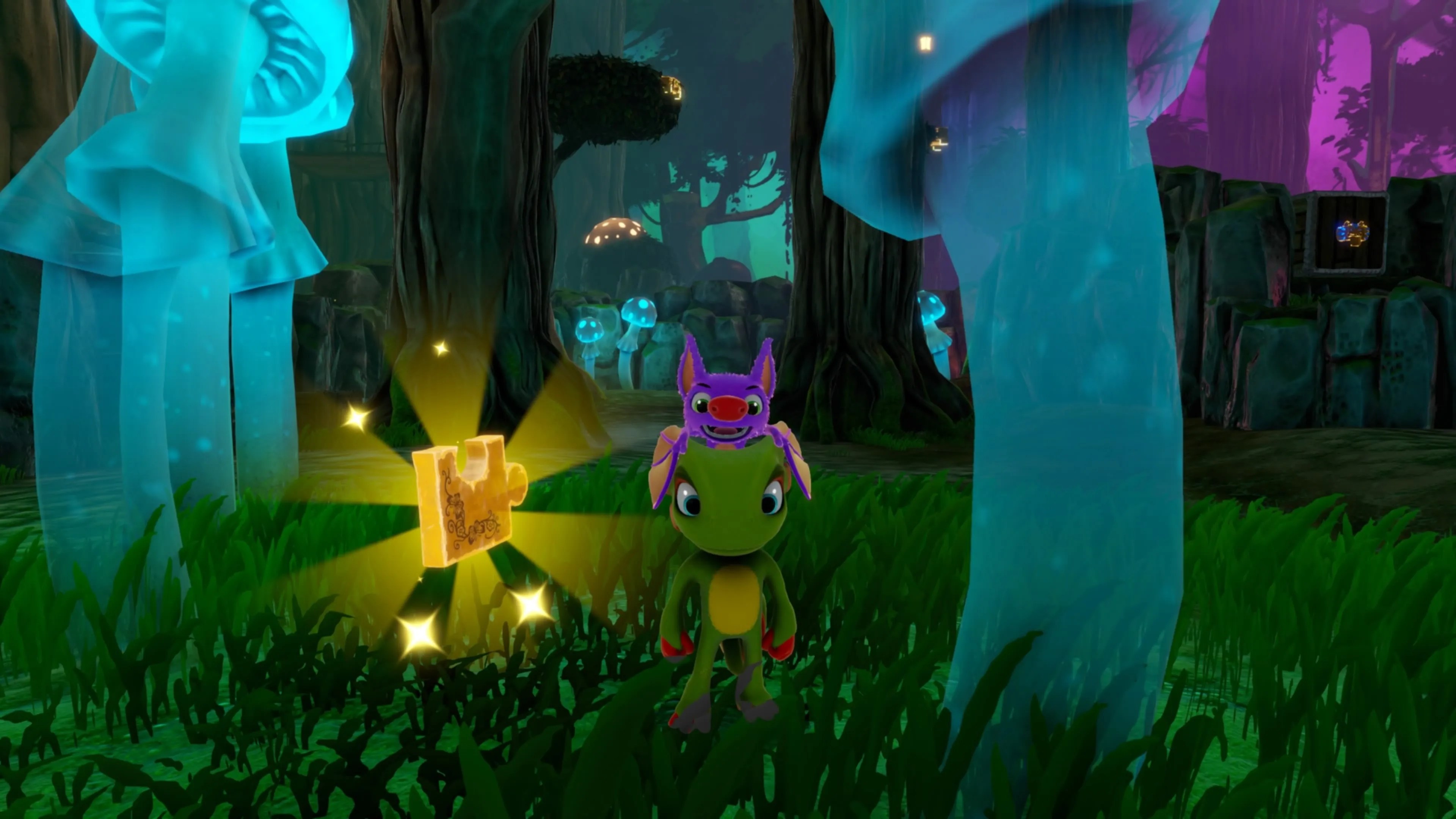
It’s no secret that cozy games have been exploding in popularity in recent years, offering players a chance to get away from the stress-fueled chaos of everyday life and settle into a world that won’t demand too much of them.
For many, they’ve become the ultimate antidote to stress, but let’s be honest: not every cozy game that racks up glowing reviews is actually worth the hype.
Many titles try to dazzle you with charming art styles, quirky marketing techniques, or fill you with promises of endless relaxation, only to fall completely flat once you’ve actually spent a few hours with them.
Too many developers are trying desperately to cash in on the cozy crowd without actually producing any quality results, and these titles are all the proof you need. These overrated cozy games aren’t nearly all they’re cracked up to be, and if you’re looking for something truly authentic, then you’ll probably want to look anywhere but here.
9 Röki
Is This Even a Game?
At first glance, Röki looks like a fairy-tale adventure straight out of a storybook, and in many ways, it is. The environments that you’ll explore in this game are incredibly detailed and were very obviously created by someone who had a true passion for the project.
That being said, it also feels too much like a storybook, to the point where it almost doesn’t even feel like a game.
Don’t get me wrong, the art and atmosphere are undeniably gorgeous, and its story of loss and redemption has a lot of real emotional weight to it. But for many players (myself included), it almost felt like too much of the focus was put on the story and design, and less on the actual gameplay.
The gameplay regularly felt unintuitive, and finding key items for puzzles often felt more like an exercise in patience than clever problem-solving. It honestly felt less like an actual game and more like a nicely illustrated story where you occasionally click on things.
Now, if you’re someone who enjoys piecing together puzzles and going at your own pace, Röki could be incredibly rewarding. But for me, the general balance between narrative and gameplay makes it feel like the “cozy adventure” part of the equation was shortchanged.
8 Coffee Talk
More Talking, Less Coffee-ing
Listen, I’m all for drink-making simulators; The Red Strings Club and Best Served Cold are some of my favorite games of all time. That being said, I just could not get behind Coffee Talk.
Coffee Talk sets itself up as a cozy night shift at a fantasy coffee shop, where you’ll whip up warm, inviting drinks for your customers while listening to their problems. Herein lies the problem: in a game about coffee and talking, the “coffee” part is virtually nonexistent, and the “talking” part isn’t nearly as deep as it pretends it is.
Brewing the actual drinks is little more than clicking a couple of buttons in the right order; there’s almost no real creativity involved. You’re not coming up with your own ideas or brewing anything that hasn’t already been done a thousand times before; you’re just following a bland, copy/paste recipe like you did back in Home Ec when you were twelve.
That leaves the bulk of the gameplay to the “talking” part, which actually could’ve saved it, had it been any deeper than a kid’s pool at an indoor water park.
After the first, like, 30 minutes of gameplay, the game’s quirky plot quickly loses its charm, and the story becomes a boring slog of dull conversations and “unique” characters who all feel like “same cookie-cutter, different shape” versions of each other.
The characters will go from interesting to repetitive quickly, and pretty soon, they’ll all start giving you the same PTSD flashbacks of your old, irritating coworkers who would corner you in the break-room to tell you all about their most recent divorce (it’s been years, Karen, leave that man ALONE).
Most of their storylines don’t even go anywhere, and a shocking amount of dialogue reads like filler small talk you’d normally cut out of a final draft.
Sure, Coffee Talk may look cozy, but once you peel back that cutesy aesthetic, you’ll find that it’s less of an actual game and more of a point-and-click visual novel that forgot it needed an actually interesting story.
7 A Little to the Left
Is This Game for Adults?
While I myself don’t fully understand why anyone would want to download a game that makes you clean, I do understand that a lot of people find that kind of thing relaxing. There’s absolutely nothing wrong with that; my complaint with this game has nothing to do with the type of game that it is, but with how it executes it.
After years of being told how amazing this game was, I finally bit the bullet and added it to my Steam library. After a good three or four hours, I was already regretting wasting my money on it.
At first glance, it looks like the perfect game for cozy puzzle lovers: you’re doing more organizing and tidying up than actual scrubbing or sweeping, which has always been the fun part about cleaning. You even get to chase around a clumsy little cat that leaves you special little messes to find, all in good fun.
Sounds perfect, until you realize what a monotonous and unimaginative purgatory it actually is.
The in-game puzzles quickly go from charming and cozy to repetitive and unintuitive. Instead of sparking that “ah-ha!” satisfaction that puzzle-lovers are addicted to, most just leave you feeling hollow and uninspired.
Not to mention the puzzles whose solutions just leave you guessing as to what oddly specific answer the developers had in mind, instead of letting you experiment with your own organizational style.
For a game that’s supposed to be about relaxation, it sure has a funny way of punishing your creativity. You really don’t get much of a say in the way things are organized at all, and instead are forced to go along with whatever the game thinks is the “right” way of organizing, instead of letting you experiment or use your own imaginative methods.
And then there’s the Daily Tidy “streak” system, which turns your cozy little cleaning ritual into yet another chore on your grindy checklist; exactly the kind of obligatory task most of us are trying to escape from in the first place.
A Little to the Left may be pleasant in small doses, but if you play it for more than an hour or two, you start to go just a little bit brain-dead.
Overall, it just feels like those boring, educational computer games for kids that your mom would download on the family computer to keep you “entertained” while she napped.
6 Cozy Grove
Tedious, Never-Ending Fetch Quest
Cozy Grove wants to be a cozy classic so badly, and yet, no matter how hard it tries, it just can’t live up to its own standards.
Cozy Grove is a cozy collectathon that puts players on a haunted island where they have to help little ghost bears find peace. It sounds good on paper, but in practice? It feels more like you’re serving an eternal life sentence, being forced to drag an endless chore list around while you help everyone but yourself find happiness.
The gameplay loop boils down to the same tedious fetch quests and crafting tasks on repeat, stretched out over real-world days in a way that feels less like practical pacing and more like soulless plodding, to the point where you don’t even want to log in the next day.
What starts off as charming quickly slips into grindy and uninteresting territory, making it almost feel like yet another daily chore you have to fit in between laundry and washing dishes.
Sure, the art style is cute and all, but when a game makes you feel like you’re clocking into a shift at work rather than escaping into a cozy world, it starts to lose its charm.
If you have more time on your hands than you know what to do with and love doing literally the exact same thing over and over again, then maybe you’ll find something worthwhile in this game. I, on the other hand, find it hard to get through without a drink in one hand and a stress ball in the other.
5 Wylde Flowers
Might as Well Quit Your Day Job
On paper, Wylde Flowers looks like it’d be the perfect cozy game. It’s got farming, fishing, witchcraft, a charming seaside town, and even a talented cast of fully voice-acted characters who are as inclusive as they are diverse. But once you actually go to dig into that freshly-tilled soil, you’ll realize it’s all clay pretty darn fast.
Every upgrade, every consumable, and every staple crafting resource needs to be grinded to the max to get, which can wear you out pretty quickly. It’ll take you days to even get more than a dozen bags of soil, which is a pretty disheartening thing to learn when you find out you need well over fifty to even afford a slightly larger field.
Anyone who values their free time should take Wylde Flowers off their wishlist, because you’re going to be grinding a lot. Literally everything in this game takes hours to get, and while its whole “slow down and smell the roses” approach to gameplay is appreciated, it’s not wanted.
I want to be able to sit down for the scant few hours that I have available and feel like I’ve actually accomplished something by the time I get up, and in Wylde Flowers, I feel like the only thing I’ve accomplished is boring myself to tears.
The pacing is painfully slow, the grind is way too heavy for even basic progress, most of the characters have one-note personalities that get old fast, and Fairhaven’s world is so tiny that you’ll run out of things to do in it long before you’re ready to hang up your pointy hat.
Add in the fact that there’s practically zero replayability and its visuals that look more like a mobile game from 2012 than a modern cozy sim, and that sparkle fades fast.
Listen, I’m not saying that it’s a terrible game that shouldn’t be on the market or anything, but I am saying that its price point is far too high for what it’s offering. I wouldn’t pay anything near what its base price is asking for, which is saying a lot, considering it would be an incredibly generous offer on literally any other cozy game.
4 Sticky Business
Just Download Canva
Sticky Business was sitting in my wishlist for a while after it came out, as I eagerly waited for it to go on sale so I could justify buying it and finally find out what everyone was so excited about. Unfortunately, I never ended up finding that same excitement.
Listen, I’m not saying this game was bad, but there’s just literally nothing to even do in it.
Everyone always makes it sound like this is the coziest game ever, allowing its players to experience a stress-free version of entrepreneurship as an online sticker seller; while I fell for the propaganda at first, I found out the truth quickly after downloading it.
You sit at your little desk, you make stickers, you mail stickers, and then the day ends. That’s it, that’s literally the entire game. There’s no emotional relevance, no real NPC interactions, and no real, meaningful gameplay; it’s essentially just MS Paint with an uninspired narrative attached.
I will admit that the sticker-making part is actually pretty fun; designing and layering cute graphics on top of each other until you’ve got something that looks ready to slap on a laptop or water bottle is a genuine delight. But unfortunately, that’s about as far as the fun actually goes.
The rest of the “gameplay” is so thin you can practically see through it. Running the business side of things boils down to mindless, repetitive clicking, and rationing your rapidly dwindling profits; hell, even the sticker creation is limited by in-game currency that makes you grind for hours just to unlock basic shapes or colors.
To make matters worse, you could easily recreate the exact same sticker-making experience in real life using the free version of Canva—without having to listen to virtual customers drone on about their oddly specific sticker needs.
Sure, it’s cute and all, but as far as being an actual game goes, Sticky Business is about as gripping as a post-it note that’s already lost its glue.
3 Strange Horticulture
Everything is a Puzzle
If you love cozy games for the relaxation and casual vibes they offer, then you’re going to want to avoid Strange Horticulture at all costs.
I got into Strange Horticulture thinking I was going to be running my little plant shop in peace and occasionally dabbling in occult rituals, but no. Instead, I was thrown headfirst into a cacophony of puzzles and riddles so convoluted they felt more like interrogation techniques for white collar criminals.
Instead of de-stressing, I found myself constantly racking my brain for answers, scrambling for nonsensical clues, and occasionally just giving up and going to Google for some of the more impossible puzzles in the lineup. While admittedly intriguing, this game was not a relaxing experience for me, and I feel like that’s the opposite of what a cozy game is supposed to be.
You’re also not given very much freedom when it comes to player choices throughout the story. Sure, there are a handful of endings that you can get from making one choice over another at a couple of points here and there, but that’s about as much slack you’ll get on your leash.
For the most part, all of the choices are already made for you, and you really don’t get to experiment with different plant combinations or elixir recipes at all. I mean, what’s the point of solving all those riddles and running around the map to find magical plants, just so you can use them once on a customer that can’t find their missing keys or whatever??
Maybe I want to give them something different, maybe I want to make their lives harder! Why am I not allowed to make my own decisions in my own plant shop??
In fact, the game actively punishes you for trying to think outside the box, taking points off of your sanity meter every time you choose the “wrong” answer, until your sanity finally crumbles, and you’re forced to literally pick up the pieces in yet another convoluted puzzle.
Overall, while this game is great for puzzle lovers, it’s definitely not the cozy experience anyone is searching for.
2 My Time at Portia
A Soulless Life-Sim Experience
My Time at Portia markets itself as a cozy, post-apocalyptic life sim, which is an interesting enough combination to get people interested in buying it, but not enough for people to actually enjoy it. At least, that’s how I and many other players felt after playing it.
Similar to many cozy games on the market, My Time at Portia’s story starts off with you being invited into a small settlement to repair your dad’s old workshop. While you’re there, the game pushes you into restoring the townspeople’s way of life, making friends, and maybe even finding love along the way; sounds great, right?
Well, unfortunately, it doesn’t quite live up to all that feel-good hype.
My Time at Portia has somehow masterfully disguised soulless busywork as cozy small-town hobbies, and while I have no idea how they managed it, I’m not falling for it a second time. For a game that’s supposed to be all about crafting and connection, it somehow manages to make both feel incredibly hollow.
The UI is clunky, the mechanics are confusing, and the grind is so intense that even basic supplies feel like they’re locked behind a full-time job. If I wanted to clock in some overtime, I’d have just asked my boss for more hours.
There are certainly plenty of things to do in My Time at Portia, but rarely do they ever feel rewarding; they feel more like slogging through a daily corporate checklist so you can finally just clock out and go home.
If there’s anything of value that this game taught me, it’s that just because a game takes up a lot of your time, it doesn’t mean it’s good.
Cozy games are supposed to be about escaping the soulless, corporation-controlled world that we all live in, not about thrusting you head-first into another one. Overall, I’d only recommend this game to workaholics who don’t know when to put the timesheet down and pick up a controller.
1 Animal Crossing: New Horizons
Just Let it Die
I don’t care how many people hate me for this, I’m standing by this one.
People act like Animal Crossing: New Horizons is God’s gift to cozy games, and I honestly could not disagree more. It’s completely uninspired, wholly unoriginal, and hideously overpriced for what it actually is.
When Animal Crossing: New Horizons launched back in 2020, it was hailed as the ultimate cozy escape: a deserted island paradise where you could fish, decorate, and befriend adorable animals while the real world went up in flames.
And sure, for a while, it was the perfect balm; we can all agree that 2020 wasn’t a great year for any of us, and New Horizons gave us a way to stay connected with our friends while, at the same time, escaping the real world that was literally on fire all around us.
But once that honeymoon period wore off and things started going back to normal, the game’s cracks started to show. The gameplay loop is endlessly repetitive to the point of honest-to-god déjà vu, with very little actual progress to show for your hours of non-stop bug-catching, fruit-picking, and NPC brown-nosing.
Every villager greets you with the same bland, cookie-cutter friendliness, regardless of who they are or even your personal history with them—like a small talk simulator in cute packaging. And don’t even get me started on Tom Nook, the smiling face of capitalism himself, always gently reminding you that even in paradise, your debt is eternal.
For a game built around cozy escapism, it’s more than a little ironic that New Horizons ends up feeling less like a utopia and more like Nintendo cashing in on a franchise that’s been coasting on nostalgia for over two decades.
Let’s not pretend that this game is anything but what it really is: it’s just Nintendo’s most recent cash-grab project, capitalizing on a two-decade-old series whose only purpose is to prey on vulnerable, nostalgia-sick adults who have no time for a social life.
The Animal Crossing game series has literally been around since 2001; for the love of god, just leave it alone and stop beating this cozy dead horse. It had a good run, now let it die in peace and move on.
- Security Camera Installation – indoor/outdoor IP CCTV systems & video analytics
- Access Control Installation – key card, fob, biometric & cloud‑based door entry
- Business Security Systems – integrated alarms, surveillance & access control
- Structured Cabling Services – voice, data & fiber infrastructure for new or existing builds
- Video Monitoring Services – 24/7 remote surveillance and analytics monitoring
Author: 360 Technology Group
























